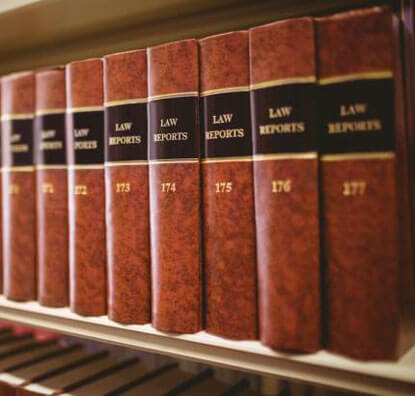OpenAI LP, a prominent company specializing in generative artificial intelligence, is now facing a consumer class action lawsuit. The lawsuit alleges that OpenAI’s utilization of web scraping techniques to train its AI models constitutes the misappropriation of personal data on an unprecedented scale.
The comprehensive complaint, spanning nearly 160 pages, was filed in a federal court in San Francisco. It asserts that OpenAI’s widely recognized generative AI programs, namely ChatGPT and DALL-E, have been trained on what it describes as “stolen private information” obtained from hundreds of millions of internet users, including minors, without obtaining proper consent.
According to the lawsuit, OpenAI unlawfully gains access to private information through users’ interactions with its products and through integrations with various applications. These integrations enable the company to collect sensitive data such as images and location information from platforms like Snapchat, music preferences from Spotify, financial data from Stripe, and private conversations from Slack and Microsoft Teams.
The lawsuit accuses OpenAI of engaging in an extensive and covert web scraping operation, violating terms of service agreements and state and federal privacy and property laws. Among the laws cited in the complaint is the Computer Fraud and Abuse Act, a federal anti-hacking law that has been previously invoked in similar scraping disputes.
The complaint states, “Despite established protocols for purchasing and using personal information, Defendants took a different approach: theft.” It suggests that OpenAI deviated from accepted practices and resorted to unauthorized acquisition of personal data.
Within the lawsuit, sixteen plaintiffs are named, all of whom have used various internet services, including ChatGPT, and believe that OpenAI has unlawfully obtained their personal information. Microsoft Corp., which has made a substantial $10 billion investment in OpenAI, is also listed as a defendant in the lawsuit.
As of now, OpenAI has not provided an immediate response to the request for comment on the matter.
The outcome of this legal action against OpenAI could have significant implications for the company and the AI industry as a whole. If the allegations prove to be true, it could set a precedent for the regulation and governance of web scraping practices, highlighting the need for enhanced safeguards to protect individuals’ privacy and data rights.
Furthermore, the involvement of Microsoft, a tech giant, adds another layer of complexity to the lawsuit. Microsoft’s investment in OpenAI demonstrates the industry’s interest in advancing AI technology. However, it also raises questions about responsibility and accountability in partnerships between large corporations and AI-focused entities.
In the face of mounting concerns over data privacy and security, it is crucial for organizations like OpenAI to ensure they operate within legal and ethical boundaries. As AI continues to evolve and permeate various aspects of society, striking the right balance between innovation and protecting individuals’ rights will be vital.
This lawsuit serves as a reminder that as technology advances, the legal framework must adapt to address emerging challenges and safeguard individuals’ privacy rights. It remains to be seen how the court will evaluate the claims against OpenAI and Microsoft, and the potential ramifications for the AI industry as a whole.
Don’t be a silent ninja! Let us know your thoughts in the comment section below.






















